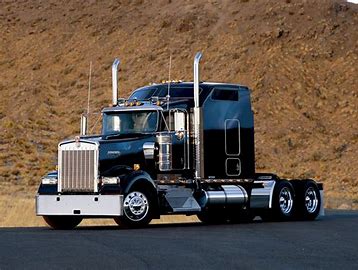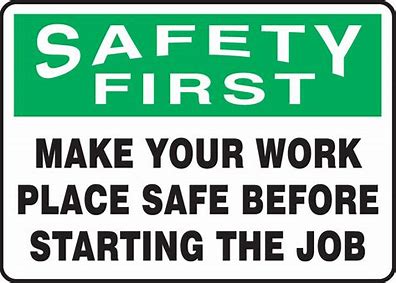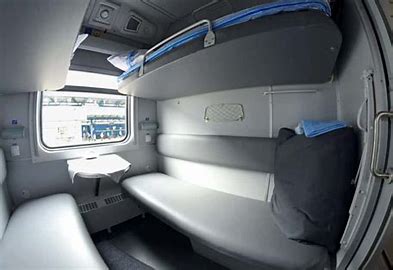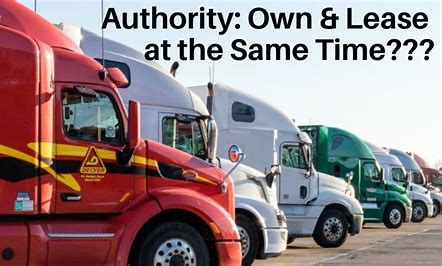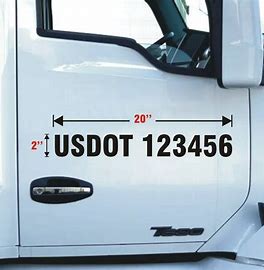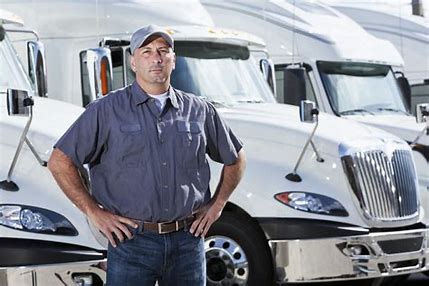
In the realm of trucking and transportation, owner-operators play a vital role. These individuals aren’t just drivers; they’re entrepreneurs who own and operate their own trucks or fleets. While the allure of being your own boss and reaping the rewards of your hard work is undoubtedly appealing, it comes with a host of responsibilities beyond just receiving a paycheck. Owner-operators must navigate the complexities of managing business costs while ensuring their personal benefits are secure.
One of the primary responsibilities of owner-operators is managing business expenses. These include fuel costs, maintenance and repairs, insurance premiums, permits and licenses, taxes, and equipment financing. Fuel expenses alone can be substantial, fluctuating with market prices and the distance traveled. Regular maintenance and repairs are essential to keep the truck in optimal condition, ensuring safety and efficiency on the road. Insurance premiums provide coverage for the truck, cargo, and liability, protecting both the owner-operator and their clients in case of accidents or unforeseen circumstances.
Permits and licenses are necessary legal requirements for operating a commercial truck, varying by jurisdiction and the type of cargo being transported. Taxes, including income tax and fuel taxes, must be diligently accounted for and paid on time to avoid penalties or legal issues. Additionally, owner-operators often have to finance their equipment, whether through loans or leases, adding another layer of financial responsibility.
Despite these expenses, owner-operators also enjoy certain benefits. They have the flexibility to choose their routes and schedules, allowing for a better work-life balance. They can also potentially earn higher incomes compared to company drivers, especially if they manage their business efficiently and secure lucrative contracts.
However, it’s essential for owner-operators to approach their business with careful planning and financial discipline. Keeping track of expenses, maintaining a reserve for unexpected costs, and seeking opportunities for growth and optimization are crucial for long-term success in this competitive industry. By balancing personal benefits with business costs, owner-operators can thrive as independent professionals in the world of transportation.



